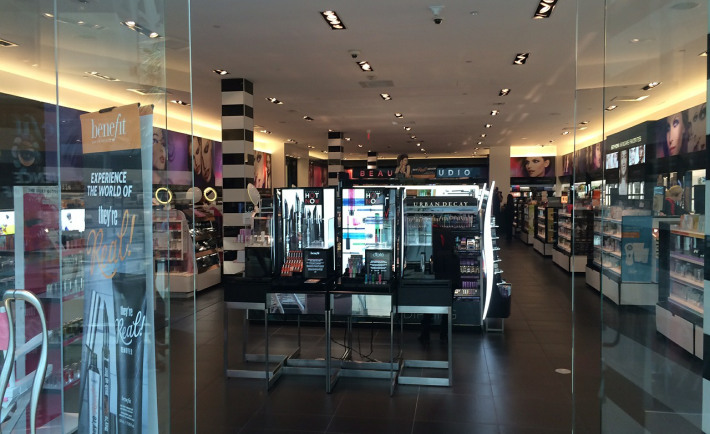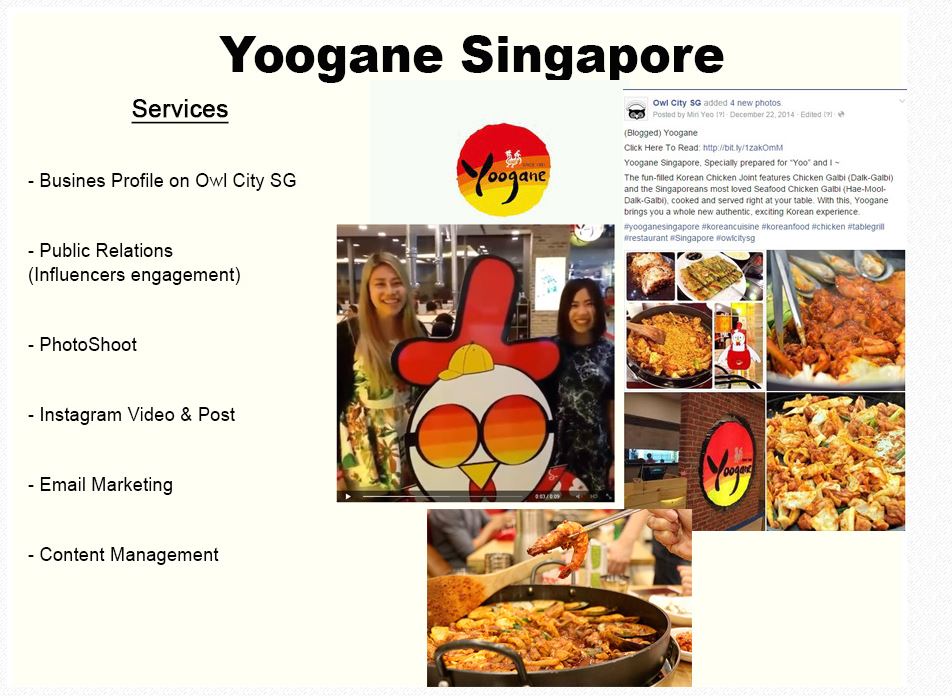Subliminal messages exist for a reason. You see, most of our decisions are made on an unconscious level. This means that our behaviors are influenced by our wishes, interests, and motivations.
Say that you have been scrolling freely thru your Instagram feed and you saw a fast food ad. Days later, you caught yourself craving for a delicious cheeseburger.
Hidden persuasions are the driving force behind advertising. And, these persuasions happen more often than you think!
On that note, here are 5 Sneaky Tricks Advertisers Use To Get Your Money:
ILLUSION OF SCARCITY
Why are people so attracted to items that are limited edition? For starters, scarcity is usually linked to luxurious products. Talk about the limited supply of Yeezys and diamonds!
Scarcity also suggests that people want a product so bad that its supply depleted. I can vividly recall the time I visited a blogshop and saw this long black dress. At the bottom it displayed: “only one piece left”. I really wanted to purchase this dress, but I was contemplating on whether I need another black dress or not. Buying mode kicked in when the fear of missing out (#FOMO) emerged. I wanted to secure the last item left! This goes to show that scarcity technique works so well because it entails that our freedom of choice can be gone is a snap!
POWER OF SOCIAL PROOF
Word of mouth spreads like wildfire! When you want to purchase new products or try new services, you approach others for recommendation. We go to recommended doctors for health advise and to highly-raved hairstylists for a new ‘do. You are more likely to subscribe to something that has gotten a stamp of approval from a person you admire. So much for individuality, huh?

Image Credits: pixabay.com
When my significant other and I go on a date, we usually check out food review websites such as burpple.com and hungrygowhere.com. We tend to eat at places with higher reviews. This illustrates the power of social proofing. According to social proofing, we are more likely to buy something that the majority approves. This is why modern advertisers turn to Facebook and Instagram to get as much “likes” as possible!
ART OF REVERSE PSYCHOLOGY
Let’s face it! There is a reason why some people hide from sales representatives who follow them around. Nobody likes to be told on what to do, especially when they are about to make a purchase. This is where the Art of Reverse Psychology comes in handy.
Advertisers understand that you do not like to be blatantly persuaded. Which is why they try to convince you that you have a choice in the matter. They may say something along the lines of “you are free to try Brand X but…”. Their transparency can hook you into buying the product.
INFLUENCE OF THE DECOY EFFECT
Have you ever experienced shopping around for appliances and seeing the usual price as well as the discounted prices? Well, the discounted price sure is attractive! It makes me wonder how long has the usual price been there? Is the discounted price really a steal?
Dan Ariely, an Ivy-league professor of Psychology and Behavioral economics, did a study on the different price options. As it turns out, a company may include an additional price option just to make you think that you are getting a good deal.
His study included three magazine subscriptions: an online subscription for $59, a print subscription for $125, and a print-and-online subscription for $125. When Ariely offered the three options to the participants, most of them picked the combo option as it seemed like the best deal. However, things changed when only the print or online options remained. Most of them sticked to the cheapest option – the $59 online subscription.
RICHNESS OF ANECDOTES
Customer testimonials are powerful not only because of social proofing, but also because of the richness of anecdotes. Research suggests that stories and individual examples stick to our brains better than statistics. This make sense as stories transport us to a place where we are most likely to believe in something.
Simply watch this heartwarming video by a Thai Insurance company:
If you are more likely to be persuaded by emotional advertisements or stories, you may want to stay vigilant for your budget’s sake!






